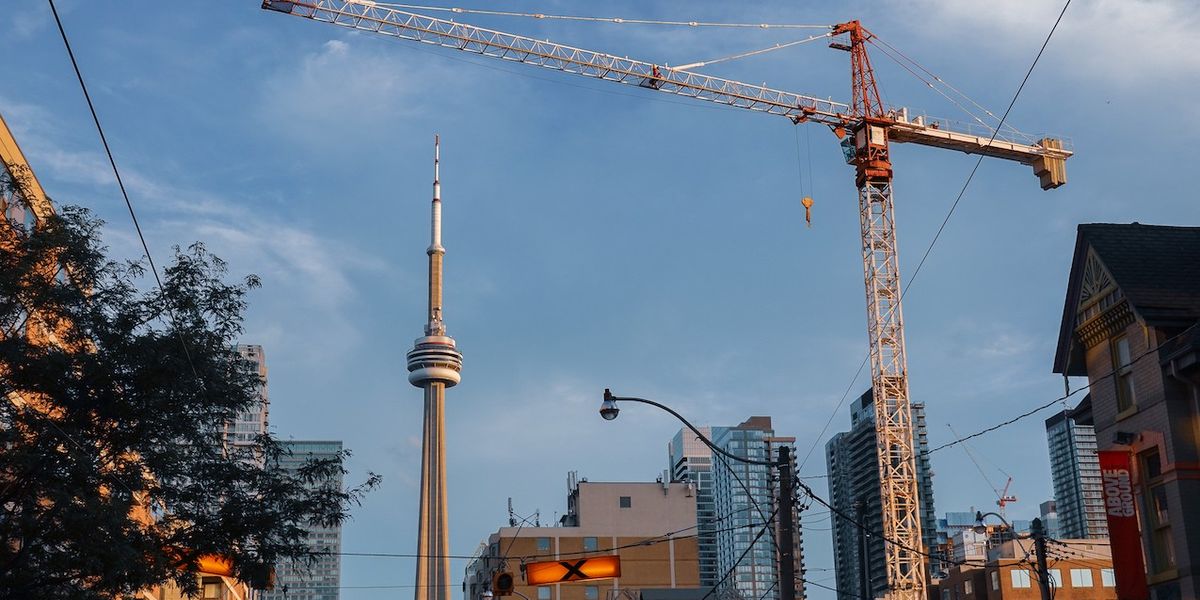IKnowNothing
Army.ca Veteran
- Reaction score
- 2,355
- Points
- 990
What's incorrect? Want to post a link to the actual article- I didn't see it in the last few months, including in the most recent article with the following excerpts:Nice try but incorrect...
Staff reviewed all the work they did on the draft report including where four units as of right will be permitted, the definition of a fourplex, the allowance for three parking spaces for four units, and no regulation for a maximum number of bedrooms. Much of the rules will remain the same, including current standards for setbacks, building size and driveway width
Sounds familiar.Staff made notes and offered a few of their own as they repeatedly pointed out that this was not a planning free for all; fourplexes will still have to fit a certain building envelope on it’s property, and they will still need to be reviewed for proper servicing, traffic management and other standard planning reviews, even if the project in question conforms to the zoning onsite.





